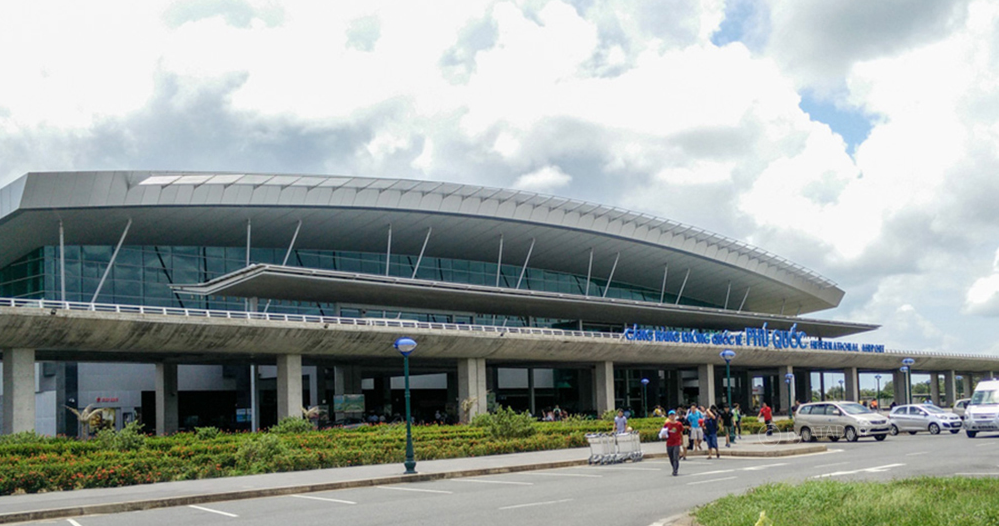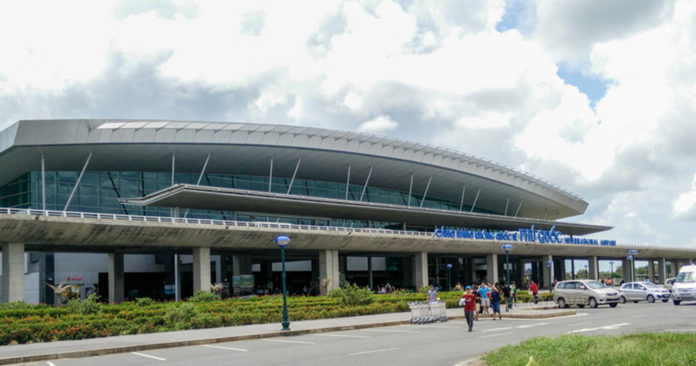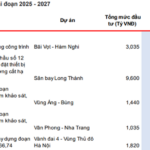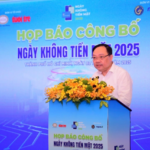Vietnam Government Approves Expansion of Phu Quoc Airport for APEC 2027
In a recent resolution, the Vietnamese government has agreed to invest in the expansion of Phu Quoc Airport to accommodate the APEC 2027 conference. The investment will be made through a business investment model as stipulated in the Law on Investment.

Phu Quoc Airport
The government has entrusted the People’s Committee of Kien Giang province with the task of selecting a suitable domestic investor and facilitating the implementation of the expansion project. This decision aligns with the proposal submitted by the People’s Committee on May 15, 2025, acknowledging the airport’s dual civilian and military nature.
The government has delegated the authority to approve and adjust the investment plan for the airport expansion to the People’s Committee of Kien Giang province. The approval process will follow the same procedures as projects under the committee’s investment approval authority as per investment laws.
Additionally, the People’s Committee of Kien Giang province is responsible for organizing the environmental impact assessment report appraisal and making decisions accordingly. They will also oversee the design appraisal and acceptance of fire protection and control measures for the project’s components, ensuring compliance with fire protection and control regulations.
Transfer of Phu Quoc Airport Assets to the People’s Committee of Kien Giang Province
The Vietnamese government has agreed to retrieve and transfer the existing infrastructure assets of Phu Quoc Airport, managed by the Ministry of Construction, to the People’s Committee of Kien Giang province for the APEC 2027 expansion project.
The transfer excludes assets managed by the Vietnam Airports Corporation (ACV) that are built on defense, security, or military-managed land.
The Minister of Construction will conduct an inventory of the infrastructure assets managed by ACV (excluding state capital in enterprises) and decide on their transfer to Kien Giang province.
The People’s Committee of Kien Giang province is obligated to receive, manage, and dispose of these assets in accordance with regulations. They will maintain a ledger to monitor and account for depreciation. During the transition period, ACV will continue to maintain and operate the assets until the province selects a qualified investor or enterprise to manage the airport in accordance with regulations.
Kien Giang province will engage a valuation firm to determine the value of the assets, forming the basis for the repayment to the state. The entity granted land or land lease for the project will be responsible for this repayment, excluding the value of the exploitation right.
All revenue from the difference after maintenance and operation, as well as the repayment of asset values, will be deposited into the provincial budget to fund APEC 2027 infrastructure development.
Hong Kong Conglomerate Pours Massive Investment into THACO: Holds Over $1 Billion in REE and Vinamilk Stocks; Historical Investor in Chinese Railways Over a Century Ago
Jardine Matheson, a prominent investor, has had a long-standing relationship with THACO since 2008, with a significant boost in investment in 2019, valuing the company at over $9 billion. This strategic partnership was further strengthened in late 2023, with Jardine Matheson purchasing nearly VND 9,000 billion in THACO bonds, demonstrating a strong vote of confidence in the company’s future prospects.
Recall Alert: 294 Cosmetic Products Recalled, Including Popular Brands Like Oxy, Pantene, Biore, and More.
The Ministry of Health has taken decisive action by revoking 294 cosmetic product registration certificates from seven businesses. This bold move impacts a wide range of well-known products that were commonly consumed in Vietnam through either imported or official distribution channels.
Mr. Pham Anh Tuan: Nearly 86 Million Accounts “Wiped Out” Post-Biometric Authentication
“Prior to the implementation of the new authentication requirements by the State Bank of Vietnam, the country boasted an impressive 200 million bank accounts. However, once the new biometric verification process was enforced, the number of active accounts stood at 113 million individual accounts and over 711,000 organizational accounts. These are the accounts that have successfully undergone the rigorous process of biometric data verification, ensuring the integrity and security of Vietnam’s national population database.”





















